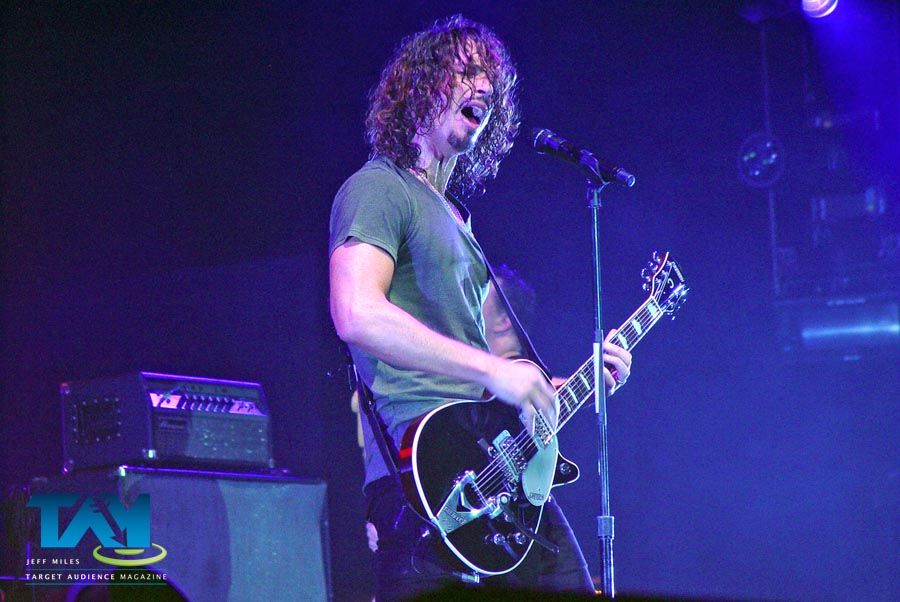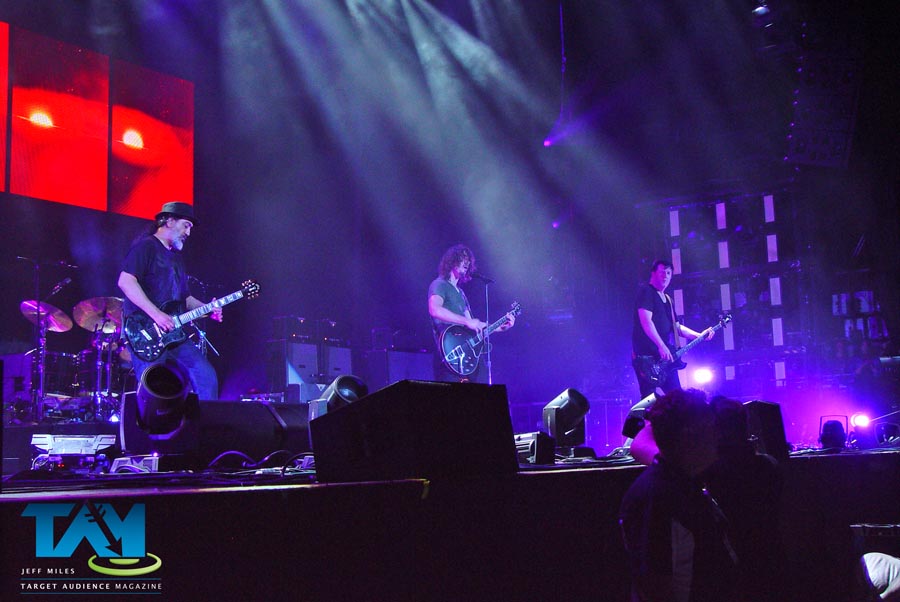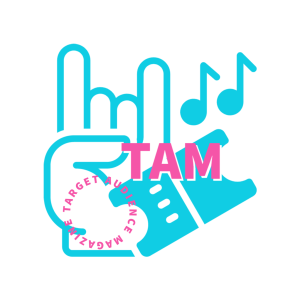Sometime around Christmas of ’88 I wandered into Manifest Discs and Tapes in Columbia, South Carolina, looking for new music. As I perused the racks of albums, I stopped to listen to the song that began playing in the store. It was heavy, but not like any heavy music I’d heard before. I’d later learn that song was called “Flower,” but it was when the next song, “Beyond the Wheel,” played that the hair on my arms and my neck stood on end. The guitars were chaotic, the vocal range phenomenal, the dynamics off the charts. This song, this band, this moment changed my entire perspective on music. When the song ended, I put down whatever record I was holding, walked up to the guy behind the register, and asked, “Who is this? And give me everything they’ve got!” He skipped through the CD blasting other songs so I could sample the whole album. Customers sneered and covered their ears, but we knew we had something special. He handed me an Ultramega Ok CD and Screaming Life on vinyl. Then he pulled a few albums of bands, he said were friends of Soundgarden.

I left that day with records and CDs from several Seattle bands, but the one that stood out to me most was Soundgarden. I was taken by the balance of contradictions that characterized their sound: brutally heavy but subtle, aesthetically complex but blunt, blatantly primal but intellectual, lyrically dense but soulful. And that voice. That voice. They defied boundaries, genres, and expectations. Outsiders among outsiders, it’s easy to forget how unique they were at that time. To me, they were the best of all genres: Black Sabbath, Black Flag, the Cure, the Ramones, Neil Young, Led Zeppelin, Motorhead, and Bauhaus all in one band. Soundgarden was my metal band, my punk band, my arena rock band, my art rock band. Now they are the one thing I never thought they would be: my tragic band.

No band is impervious to personal and professional issues, and Soundgarden, especially Cornell, weathered their share of setbacks. Their career had a slower rise and a longer arc than most, though, and they seemed to consistently navigate the drama and tragedy of their friends, contemporaries, and the industry. I’ve never understood chemical addiction. I’ve never had that urge. Ironically, the faintest parallel I can draw is listening to music and trying to evoke the high I felt when I first heard Soundgarden. Few artists have elicited that reaction, but every time I hear a great new band, part of me is 16 again, back in that record store, discovering my favorite band. Not once in three decades has someone asked “What kind of music do you like?” that the first word to pop in my head wasn’t “Soundgarden!” No other band have I identified with more or tried to emulate more musically and creatively than Soundgarden. No other band embodied what rock music could be to me more than they did, and therefore no other artist’s death has affected me as much as this one has. This one is going to take a while. The timing just seems so wrong.


